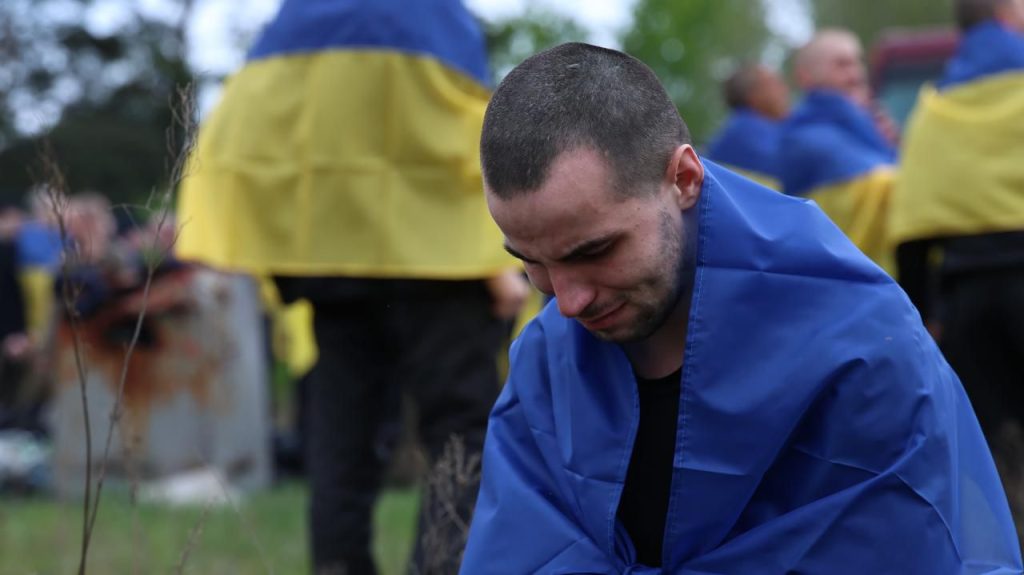For Russian prisoners of war, returning home from Ukrainian captivity often leads not to freedom, but to further suffering.
Others are reading now
Unlike their Ukrainian counterparts who are welcomed with joy and support, Russian POWs frequently face suspicion, interrogations, and forced redeployment. Their release, far from being a moment of relief, can mark the beginning of another harrowing ordeal.
Behind the Propaganda Curtain
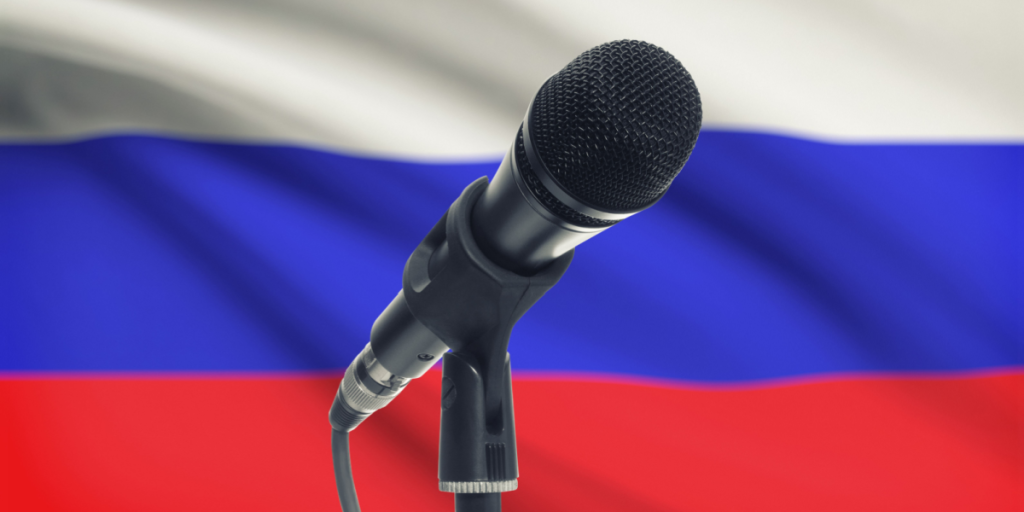
Russian media paints a rosy picture of returning POWs, smiling, well-fed, and celebrated.
But according to Petro Yatsenko, spokesperson for Ukraine’s Coordination Headquarters for the Treatment of Prisoners of War, these videos are pure theater. “They are being sent back to die,” he told the Kyiv Independent. “Their return is nothing like the return of our men and women.”
From One Battlefield to the Next
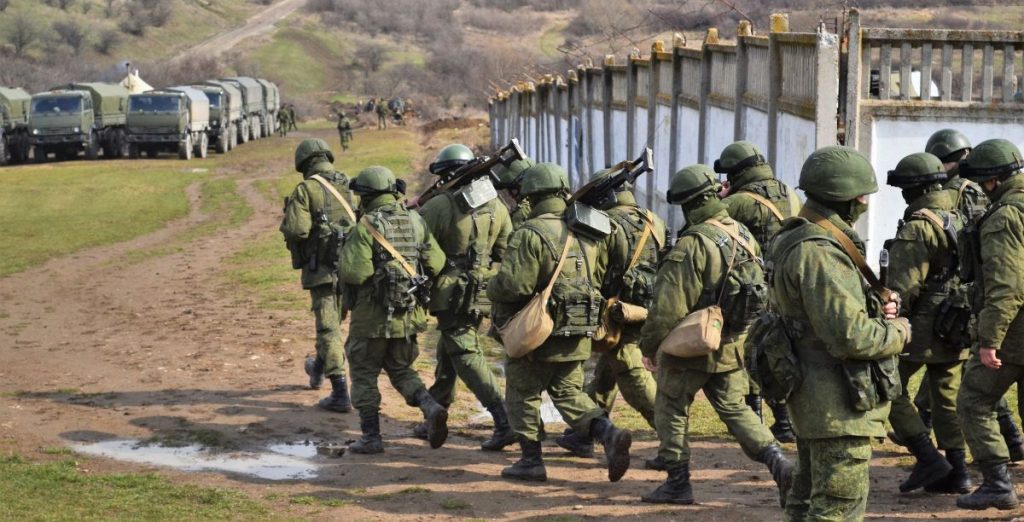
Reports suggest that many Russian soldiers released in recent prisoner swaps are sent straight back to the front lines.
According to Novaya Gazeta Europe, even wounded POWs were denied visits with their families and immediately redeployed. Russia rarely discloses how many are returned or what becomes of them afterward.
Also read
Stark Contrast in Captivity Conditions
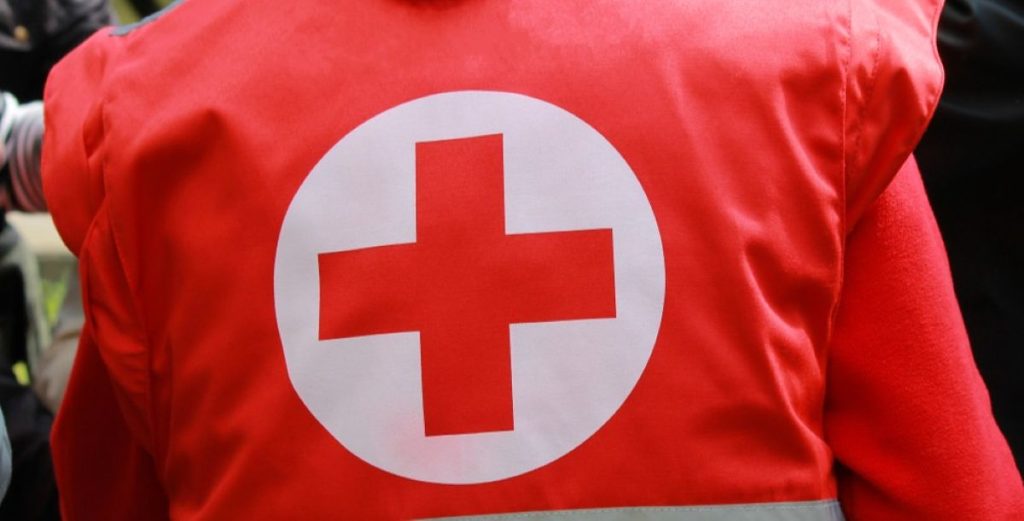
Russian POWs in Ukraine are held in designated camps under international oversight. They have access to the Red Cross, the UN, and even journalists.
Ukrainian POWs in Russia, by contrast, are scattered across more than 180 detention centers with little transparency and frequent reports of torture and abuse.
Rehabilitation Denied
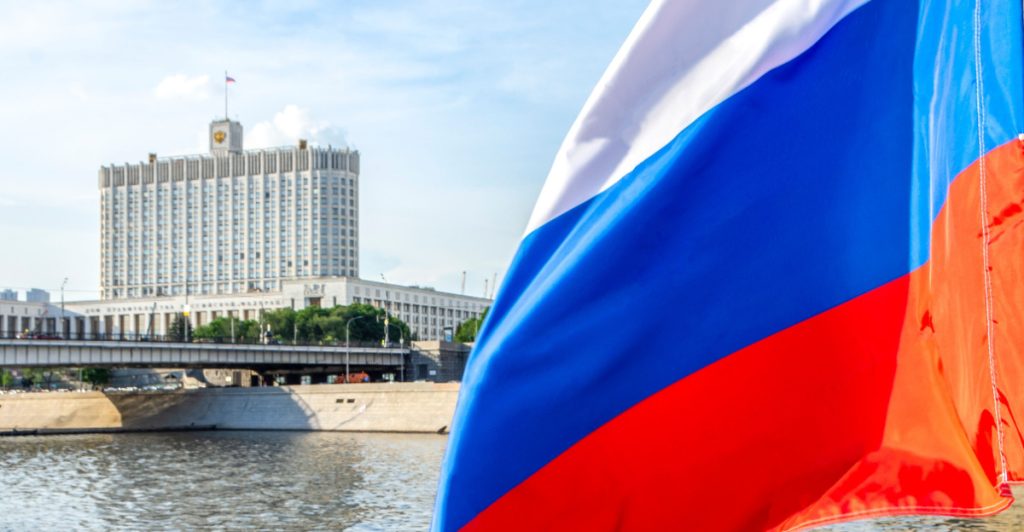
While Ukrainian POWs often return home emaciated and in need of urgent medical care, Russian soldiers typically come back in decent physical shape.
But instead of rehabilitation, they face days of FSB interrogations in Moscow, sometimes lasting up to three weeks, before being sent back into service.
Forced Celebrations and Silent Shame
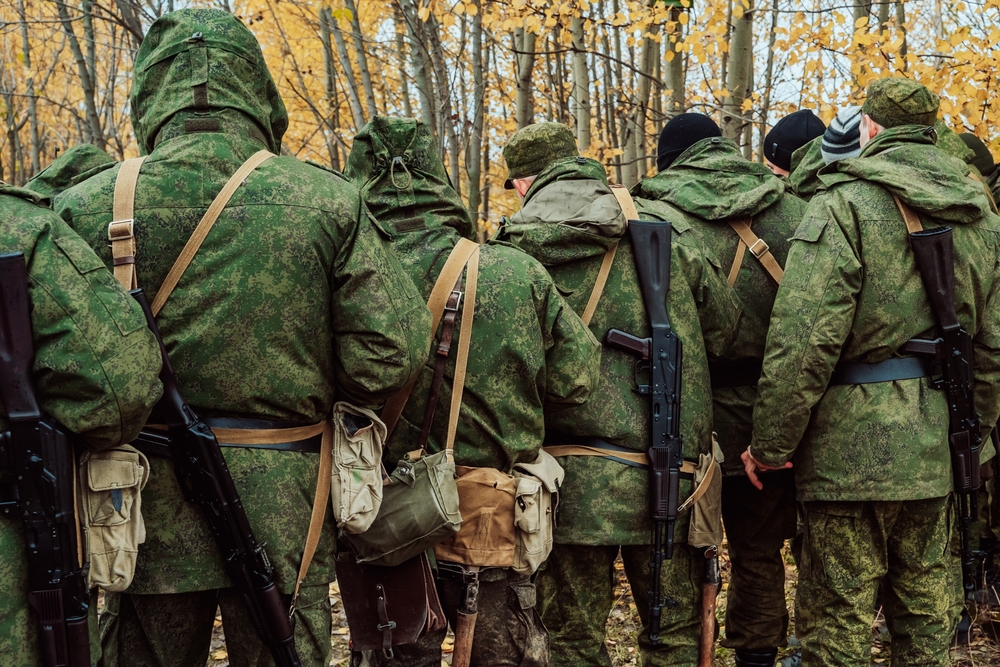
Initially, Russian POWs were returned quietly, with no fanfare. Now, Moscow has adopted staged ceremonies to mimic Ukraine’s emotional homecomings.
Also read
But according to Yatsenko, the difference is clear: “Our celebrations are heartfelt. Theirs are forced, dark, and somber.”
Criminal Charges for Surrender
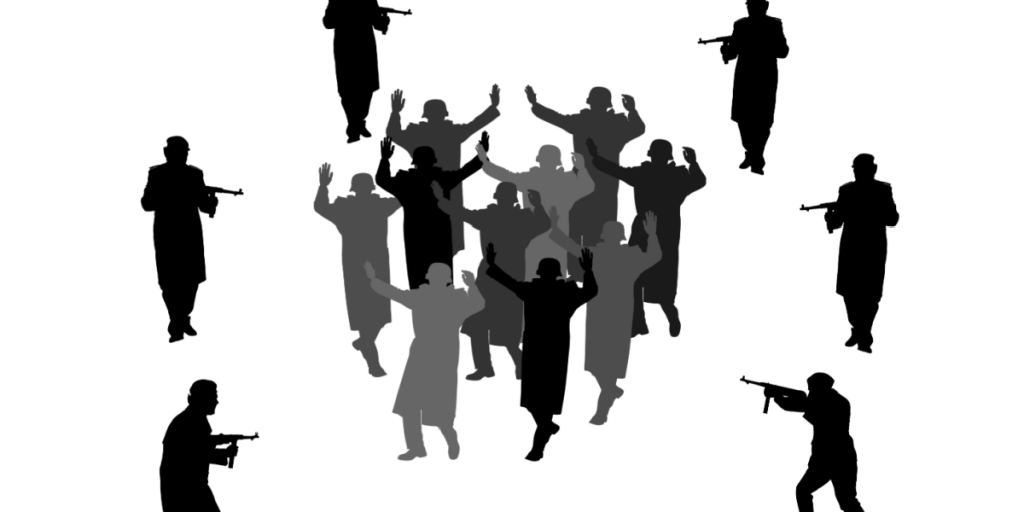
In Russia, surrendering isn’t seen as survival, it’s a potential crime. Soldiers who gave themselves up face social stigma and even prosecution.
A landmark case earlier this year saw Russian prosecutors seek a 16-year sentence for Roman Ivanishin, accused of “voluntarily” surrendering to Ukrainian forces.
POWs Recycled for War
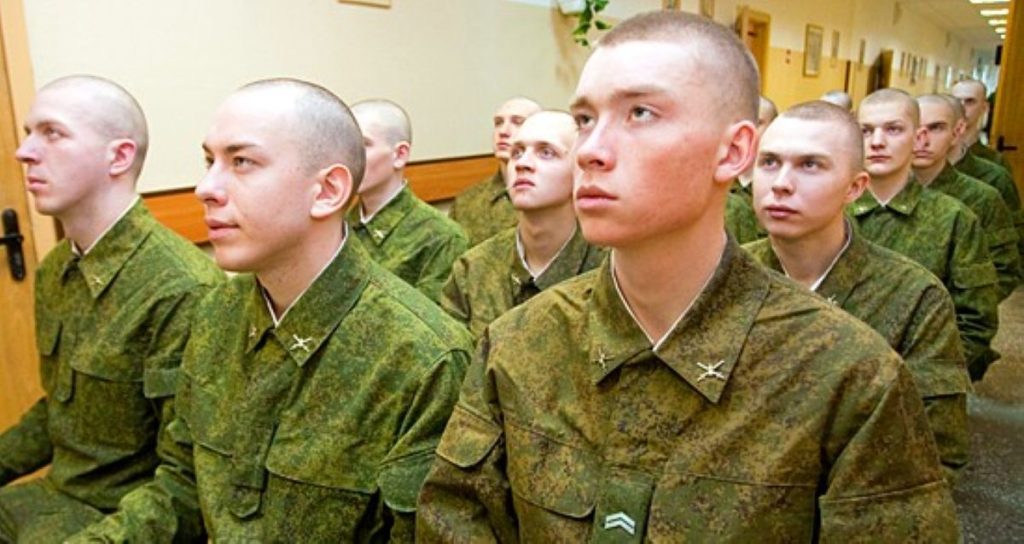
There’s no legal barrier in Russia to prevent redeployment of freed POWs. Yatsenko confirms many are sent back into combat, even those who are injured or barely recovered.
“Some have been captured twice,” he says. “Others have died in battle after being released.”
Also read
A System Starved for Manpower
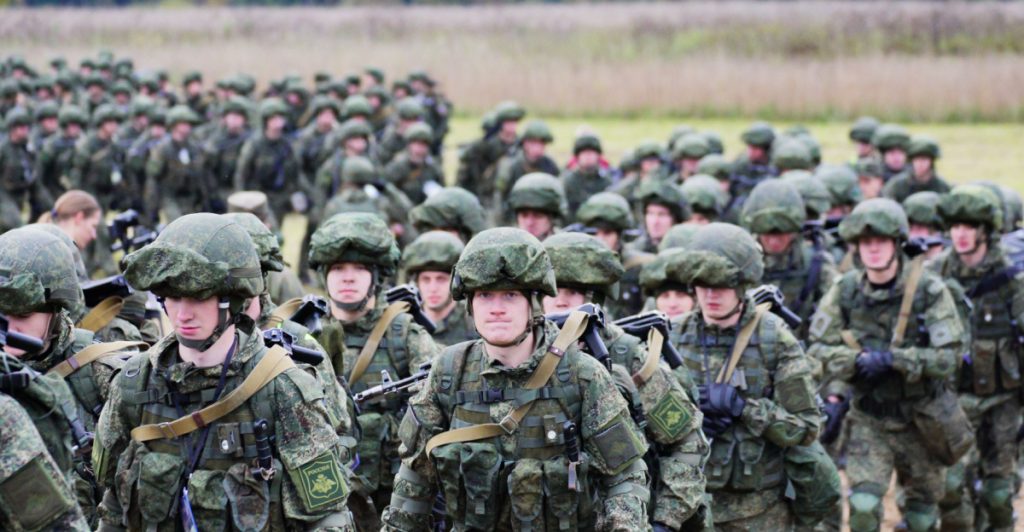
Even when contracts expire, Russian soldiers are often coerced into signing new ones. According to Ukrainian intelligence, Russia is so desperate for troops that it’s sending men on crutches back to war.
Misconceptions among POWs about their rights only deepen their vulnerability.
Silent Suffering Behind Closed Doors
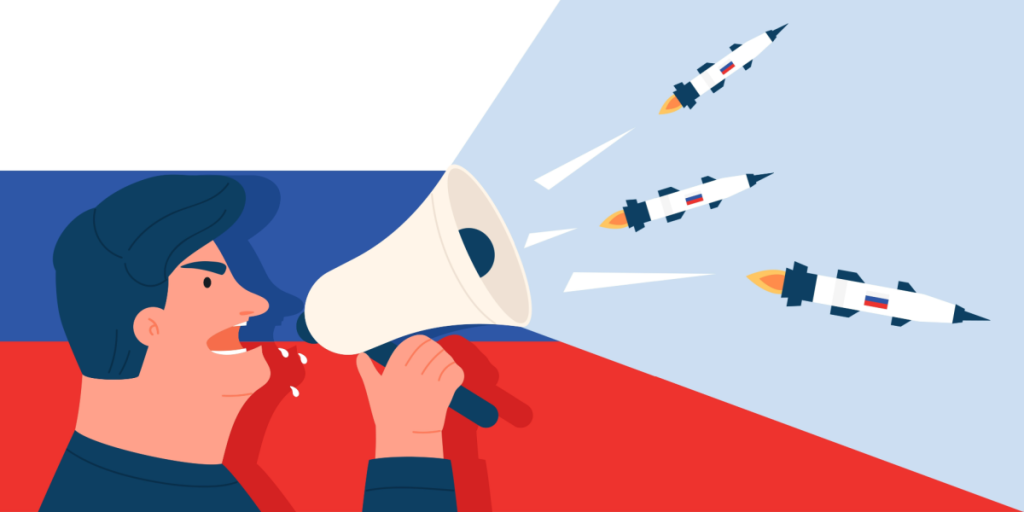
While Ukraine has returned over 5,800 people through more than 65 prisoner exchanges, Russia keeps its numbers and processes under wraps.
The fate of Russian POWs remains largely invisible, shielded by propaganda and fear, with little hope of justice or peace.

